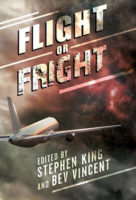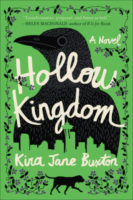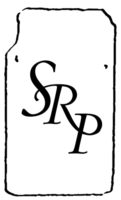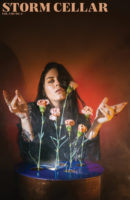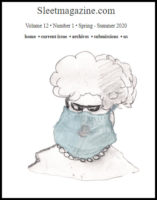The weight of this sad time we must obey,
Speak what we feel, not what we ought to say.
― William Shakespeare, King Lear
 Editor in Chief of The Weight Journal Matthew E. Henry shared, “At the beginning of my state’s COVID-19 Stay at Home order, it was widely circulated on social media that Shakespeare likely composed some of his greatest works in the midst of the Black Death. This was being shared as an encouragement for writers to continue producing work in the midst of the pandemic. The Weight took its name, in part, from the ending of Lear. But it is a general call for teens to take up writing as a tool to lay down the various things ‘weighing’ on their lives.”
Editor in Chief of The Weight Journal Matthew E. Henry shared, “At the beginning of my state’s COVID-19 Stay at Home order, it was widely circulated on social media that Shakespeare likely composed some of his greatest works in the midst of the Black Death. This was being shared as an encouragement for writers to continue producing work in the midst of the pandemic. The Weight took its name, in part, from the ending of Lear. But it is a general call for teens to take up writing as a tool to lay down the various things ‘weighing’ on their lives.”
The Weight Journal, publishing online poetry, slam poetry, flash fiction, fiction, creative nonfiction, and hybrid works by writers ages 9-12 grade, “endeavors to showcase the best in teen literature, including works that are not deemed school appropriate.” Matthew adds: “whatever that means.”
“We want work that is honest and says something profound about the human experience as can only be captured by this age group,” he explains. “We want to provide a common, public space, for those who have dared to undertake the challenge of objectifying their experience and imagination in writing.”
Matthew E. Henry knows this challenging experience, having been nominated twice for Pushcart and a Best of the Net for his poetry. He has been publishing poetry and fiction since 2003, and his first collection, Teaching While Black was published by Main Street Rag in February. Joining Matthew are six editors, current or former high school English/creative writing teachers, each with at least one MFA or MA. They are all writers themselves with a varied background of interests and publications.
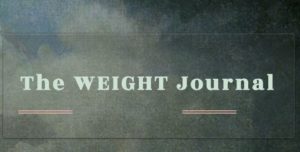 Given this level of expertise and experience, writers who submit to The Weight Journal can expect their writing will undergo a rigorous process. “All submissions receive a first pass from the editor in chief,” Matthew explains, “to see if they are a potential fit for the general vibe of The Weight. After this, submissions are sent to the content editors, who pass their acceptance (sometimes with suggested changes), recommendation for resubmission, or rejection back to the editor. The editor then makes the final decision. Submitters are welcome (and encouraged!) to send in revised pieces or new ones in the future. Sometimes we’ve been able to provide one-on-one support through the revision process. We’re teachers and can’t help ourselves.”
Given this level of expertise and experience, writers who submit to The Weight Journal can expect their writing will undergo a rigorous process. “All submissions receive a first pass from the editor in chief,” Matthew explains, “to see if they are a potential fit for the general vibe of The Weight. After this, submissions are sent to the content editors, who pass their acceptance (sometimes with suggested changes), recommendation for resubmission, or rejection back to the editor. The editor then makes the final decision. Submitters are welcome (and encouraged!) to send in revised pieces or new ones in the future. Sometimes we’ve been able to provide one-on-one support through the revision process. We’re teachers and can’t help ourselves.”
The caliber of reading content available for the public is a standard Matthew defines clearly: “We aren’t publishing writers who are ‘good for their age.’ We’re publishing ‘good writing,’ period. So readers will find honesty and maturity from a diverse set of voices and experiences. Some works may be triggering for readers. Others will fill them with joy. All of them will make readers think, and rethink, and come back for more.”
Recent content published in The Weight includes “a conversation between what is alive, and what only pretends to be” hybrid by Anne Fu; “Broken Sanctuary” poetry by Sarah Street; “The Stages of Falling in Love with Her” poetry by Charlotte Edwards; “The Met” creative nonfiction by Alexandra Carpenter; and “Colors” creative nonfiction by Emma Kilbride.
Creating a new publication comes with joys and frustrations. Matthew focuses on what has worked well for The Weight: “Thus far, the greatest joy has been encouraging some amazing young writers. In some cases, we’ve been able to send the first acceptance letter to someone with a bright career ahead of them. We have already published pieces that I am jealous of and hope this will continue long into the future.”
In terms of the future for The Weight, “I want to see how this naturally evolves,” Henry muses. “The old man in me is thinking about a print publication or at least a ‘best of’ anthology in the future. But who knows? At this stage I am content to help usher these young authors into the literary scene.”
The Weight accepts submissions on a rolling basis, with a goal to publish new work every other Friday depending on the number of submissions. Matthew adds, “In light of our current realities, while submissions are still open for all students and on all topics, we are interested in works that are focused on matters of racial identity, especially from students of color. These works do not have to be centered on our current racial tensions, but they very well can be.”
While at times it absolutely feels like the weight of the world is upon us, how wonderful to have such a supportive and encouraging venue for young writers and readers of all ages to come together and share in the experience.
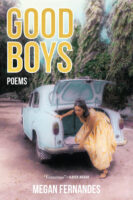 Guest Post by Emily Cinquemani
Guest Post by Emily Cinquemani
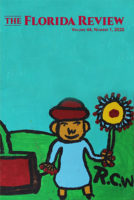
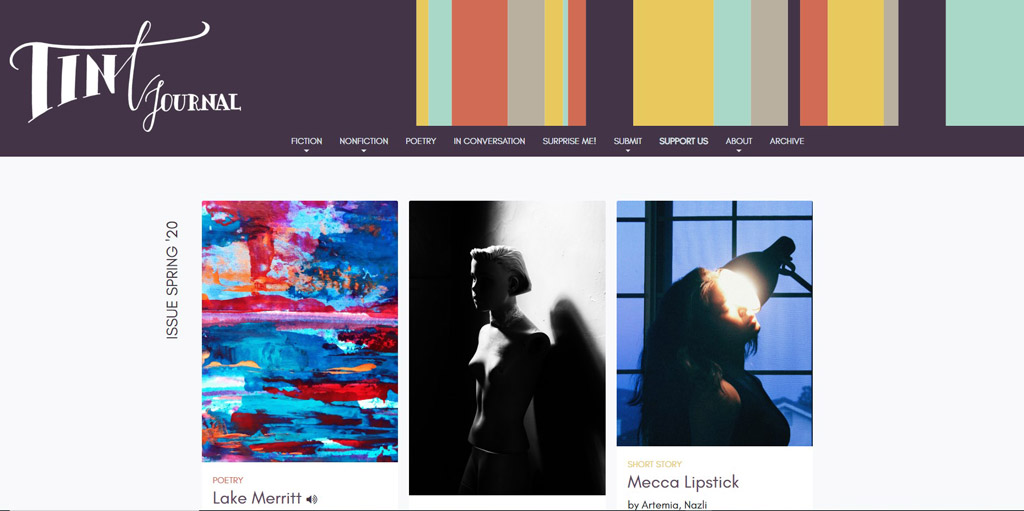
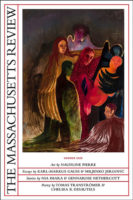
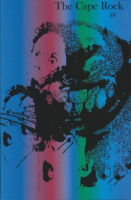
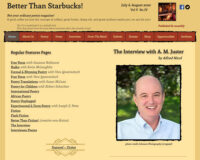
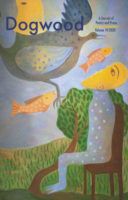
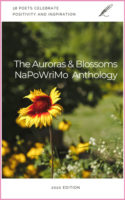
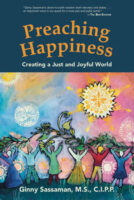
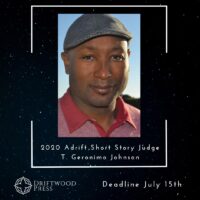
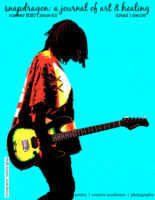

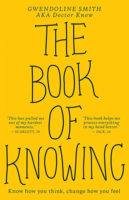
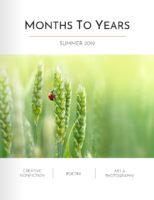
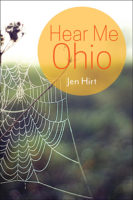
 This past week,
This past week, 
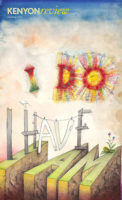
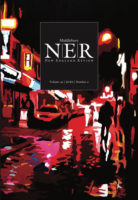
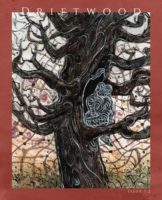
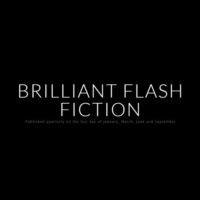

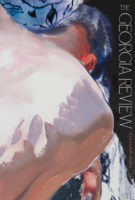
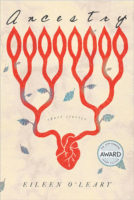
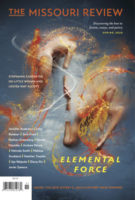
 Editor in Chief of
Editor in Chief of  Given this level of expertise and experience, writers who submit to
Given this level of expertise and experience, writers who submit to 